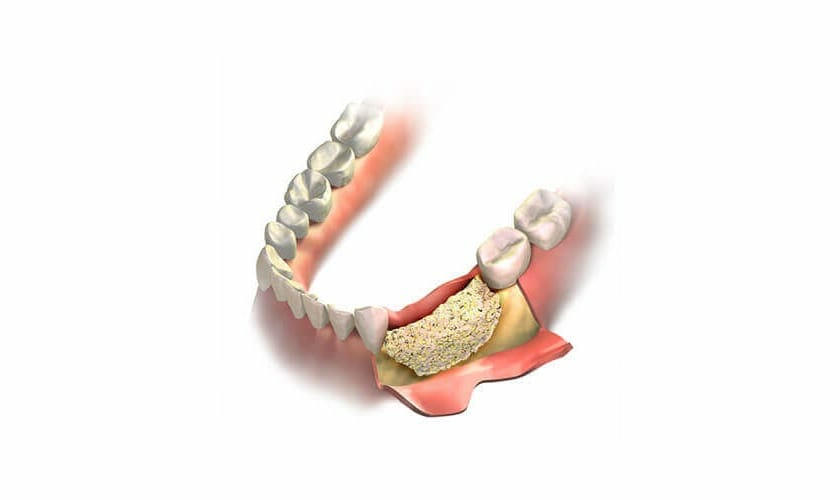
Healing after a tooth extraction can vary from person to person, especially when it comes to wisdom teeth. After the procedure, it’s natural to wonder how long recovery will take and what signs indicate that your mouth is healing properly. In this blog, we will explore the healing process, the signs of recovery, and what to expect as your body adjusts after the extraction. Knowing the healing timeline will help ease any concerns you may have during this time.
Signs of Healing After a Tooth Extraction
When it comes to recovery, there are several indicators that your wisdom teeth are healing properly. Here are some common signs to look for:
- Reduced Pain and Swelling: After the first few days, you should notice a significant decrease in pain and swelling around the extraction site. Mild discomfort may linger, but it should be manageable.
- Less Bleeding: Initially, some bleeding is normal. However, by the third day, bleeding should have stopped. If you experience excessive bleeding, it’s best to contact your dentist.
- Improved Functionality: You should gradually regain normal function in your mouth. Eating and talking should become easier as discomfort lessens.
- Soft Tissue Healing: Look for new tissue growth around the extraction site. Healthy gums will appear pink and firm, indicating that healing is progressing.
- Absence of Infection: Signs of infection include persistent pain, fever, or pus. If you experience any of these symptoms, consult your dentist.
Typical Healing Timeline
Understanding the typical healing timeline can help you gauge your recovery. Here’s a breakdown of what to expect:
- First 24 Hours: Immediately after the extraction, your body begins the healing process. Expect bleeding and swelling during this time. Ice packs can help reduce swelling.
- Days 2-3: By this time, bleeding should have stopped, and swelling will peak. Pain medication can help manage discomfort. It’s essential to follow post-operative care instructions to promote healing.
- Days 4-7: The majority of swelling and pain should start to subside. You may begin to eat soft foods and gradually return to normal activities.
- Weeks 2-3: At this stage, your gums should begin to close up. The discomfort should significantly diminish, allowing you to return to your usual diet.
- One Month Post-Extraction: Healing is generally well underway. Most patients feel significantly better, but complete healing may take several months.
Tips for Promoting Healing After a Tooth Extraction
To ensure that your mouth heals efficiently, consider these helpful tips:
- Follow Post-Operative Care Instructions: Your dentist will provide specific aftercare guidelines. Make sure to follow them closely for optimal healing.
- Eat Soft Foods: In the days following your extraction, stick to soft foods like yogurt, applesauce, and smoothies. Avoid hard or crunchy foods that could irritate the extraction site.
- Stay Hydrated: Drinking plenty of water is essential. It helps keep your body hydrated, which supports the healing process.
- Avoid Smoking and Alcohol: Both can impede healing and increase the risk of complications. It’s best to avoid these substances for at least a week after your extraction.
- Keep the Area Clean: Gently rinse your mouth with warm salt water after the first 24 hours. This helps keep the area clean and promotes healing after a tooth extraction.
When to Contact Your Dentist
While some discomfort is normal, certain signs may indicate complications that require dental attention. You should reach out to your dentist if you experience:
- Severe Pain: If pain worsens after the first few days or becomes unbearable, it may indicate a problem.
- Excessive Bleeding: While some bleeding is expected, it should not be heavy. If you notice excessive bleeding that doesn’t stop, call your dentist.
- Signs of Infection: Look for signs such as fever, persistent swelling, or foul taste in your mouth. These could be signs of an infection that requires immediate attention.
- Difficulty Opening Your Mouth: If you find it hard to open your mouth or swallow, this could indicate complications.
Long-Term Care and Maintenance
After your wisdom teeth have fully healed, maintaining good oral health is crucial. Here are some long-term care tips:
- Practice Good Oral Hygiene: Continue to brush and floss regularly. Maintaining oral hygiene prevents future complications.
- Regular Dental Visits: Schedule check-ups with your dentist to monitor your oral health. Regular visits can help catch any potential issues early.
- Watch for Changes: Pay attention to any changes in your mouth or overall health. If something doesn’t feel right, don’t hesitate to consult your dentist.
- Stay Informed: Educate yourself on the signs of oral health issues. The more informed you are, the better you can take care of your teeth and gums.
Healing after a tooth extraction is a gradual process that varies among individuals. By knowing the signs of recovery, understanding the healing timeline, and following essential care tips, you can promote a smoother recovery. Always be mindful of your body and reach out to dentist in Cincinnati if you have any concerns. With proper care and attention, your mouth will return to normal, and you can enjoy a healthy smile once again. Remember, healing takes time, so be patient and gentle with yourself during this period.





